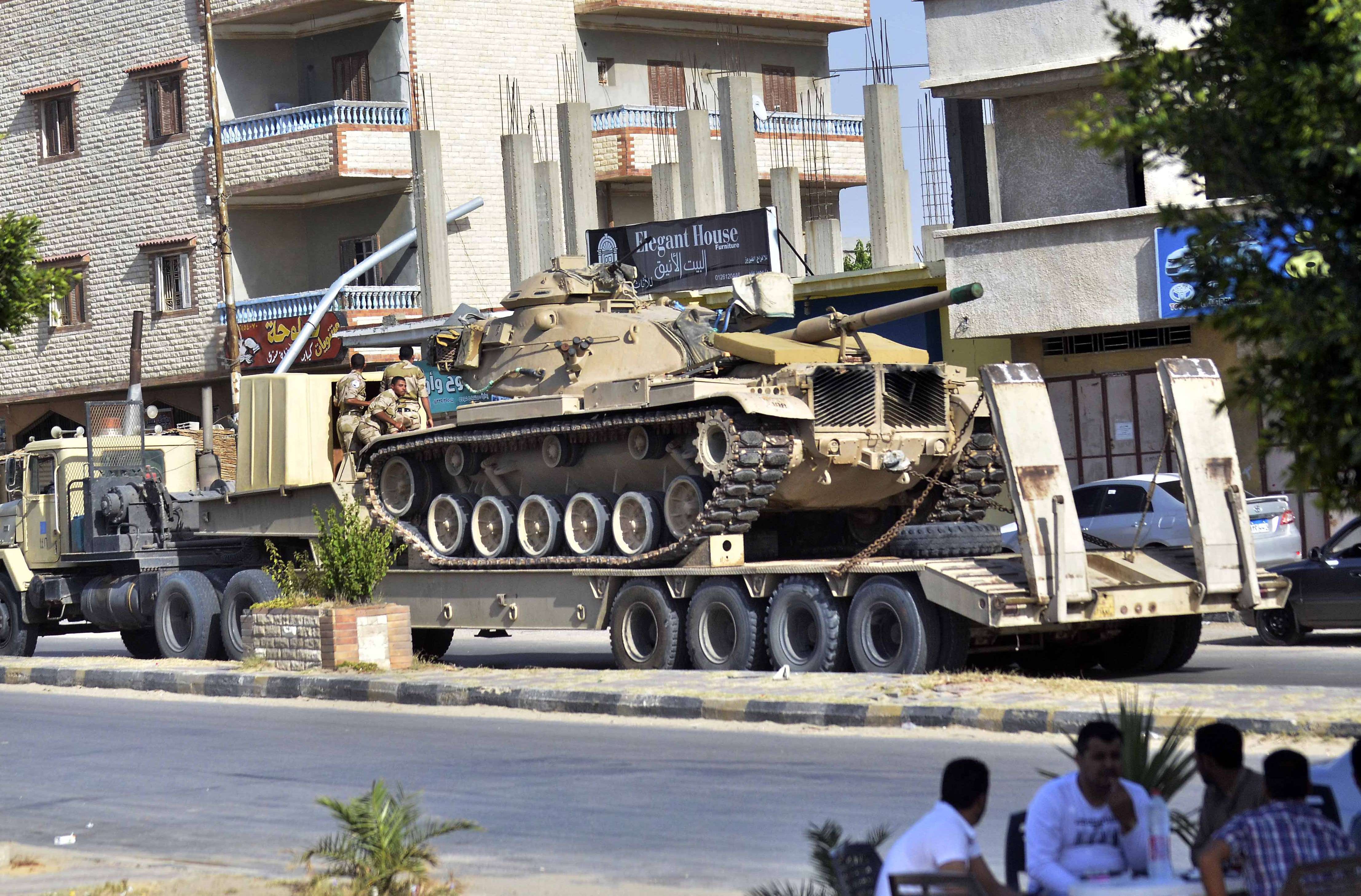The military prosecution should halt all investigations related to accusations directed to 13 workers of the Alexandria Shipyard Company who were jailed on 25 May on charges of protesting and inciting their colleagues to strike, according to the Socialist Popular Alliance Party (SPAP).
The referral of the workers sparked anger in labour communities, raising the issue of civilian workers’ status in military factories.
The Alexandria Shipyard Company falls under the supervision and administration of the Ministry of Defence and Military Production as of 2007. The company stands as one of the 1960s main industrial projects in Alexandria in the maritime field. The company is one of the several economic projects that are controlled by the Egyptian Armed Forces. The complex contains 2,500 workers who are civilians.
Workers told Daily News Egypt the majority of the workers attended a meeting with the management on Wednesday and agreed to end the strike in exchange for paying the workers a part of their late bonuses.
The workers added that negotiations are currently taking place to convince the company’s management to release the detained workers.
Last week the military prosecution ordered the detention of the 13 workers who staged a protest demanding late payment for weeks. The strike was met with a heavy presence of military police, since the factory is considered a military zone.
Another 13 workers also received arrest warrants but were not arrested.
From 22-23 May, a group of 26 workers arranged an open sit-in hoping that the company’s leaders would act in response to certain demands that they had previously brought up with the company administration but that did not receive any attention, lawyer at the Egyptian Centre for Social and Economic Rights (ECESR) Mohamed Awad told Daily News Egypt.
Other demands included unpaid wages over the past four years, the abolishment of national minimum wages just six months after its activation, and calling for annual pre-Ramadan bonuses.
As the strike escalated, workers were banned from entering and military units were deployed.
SPAP condemned the practice of referring workers to military prosecution, calling upon the Egyptian state to resolve the conflict through dialogue. “The referral acted as an incorrect approach to solving workers’ problems,” the party said, adding that the presence of representatives selected by the workers is essential.
The party, as well as the Centre for Trade Unions and Workers Services, called for the release of the workers.
Around 493 protests have taken place from January to April 2016, according to a report by Democracy Index. The majority of labour protests were directed against the Civil Service Law, and demanded more economic and organisational rights.

